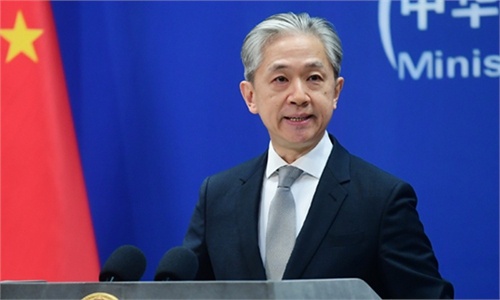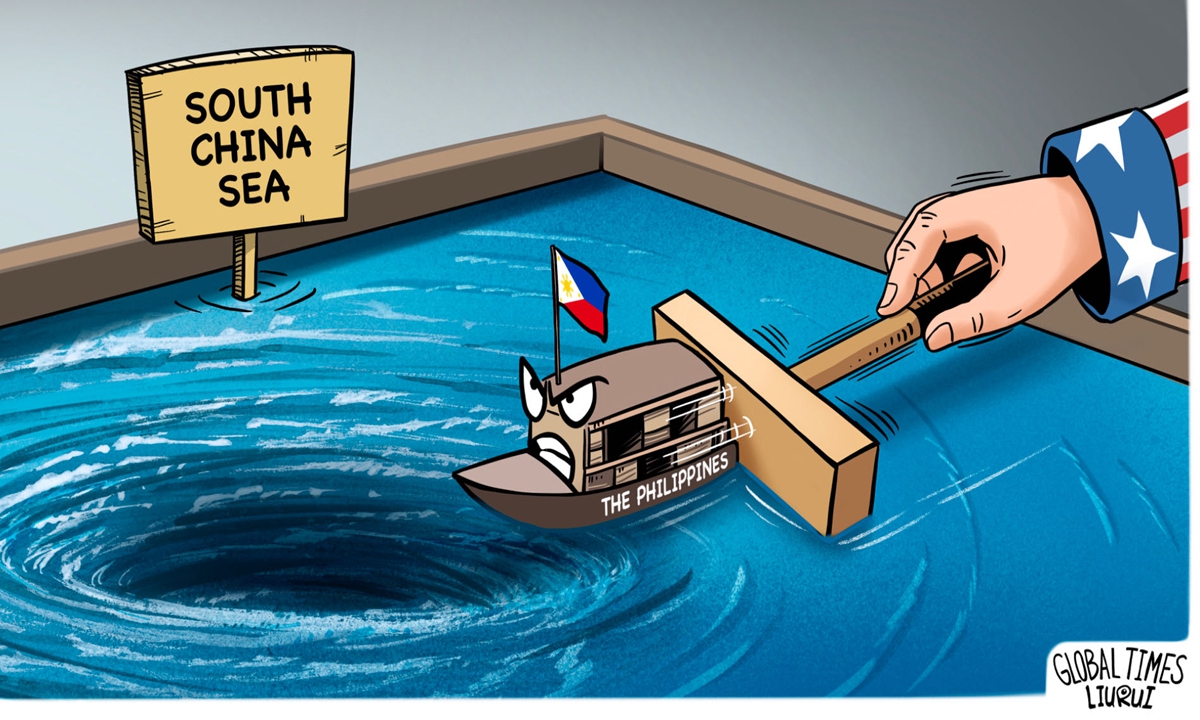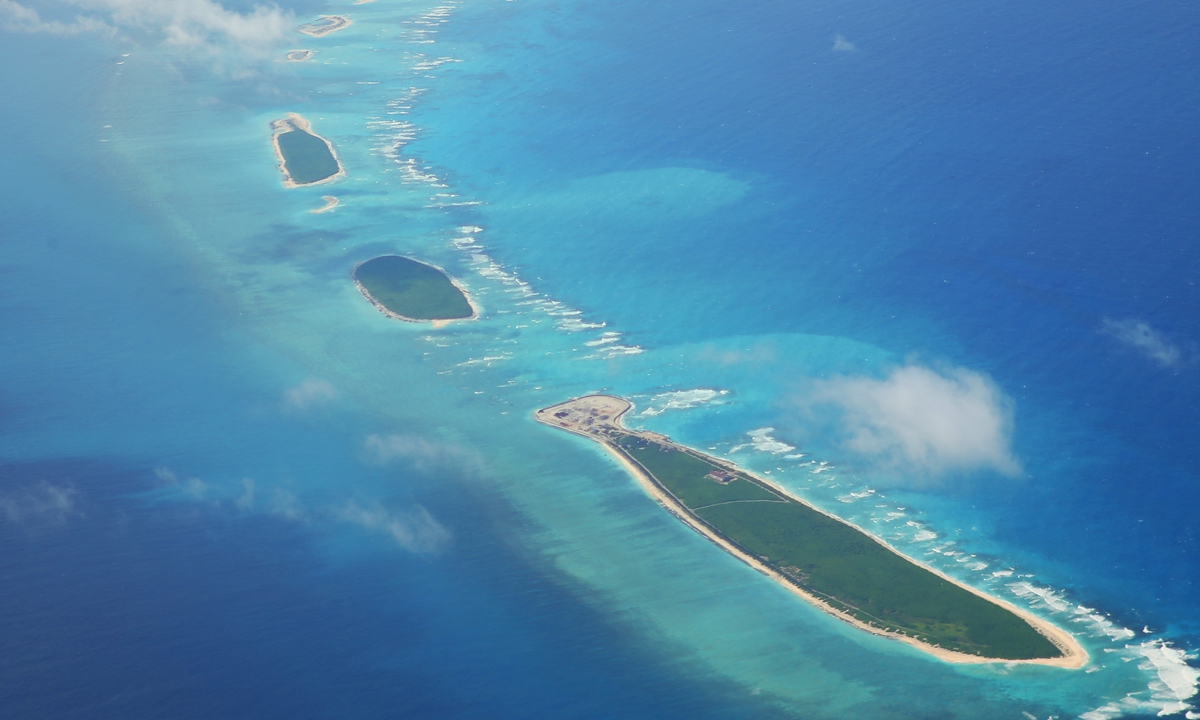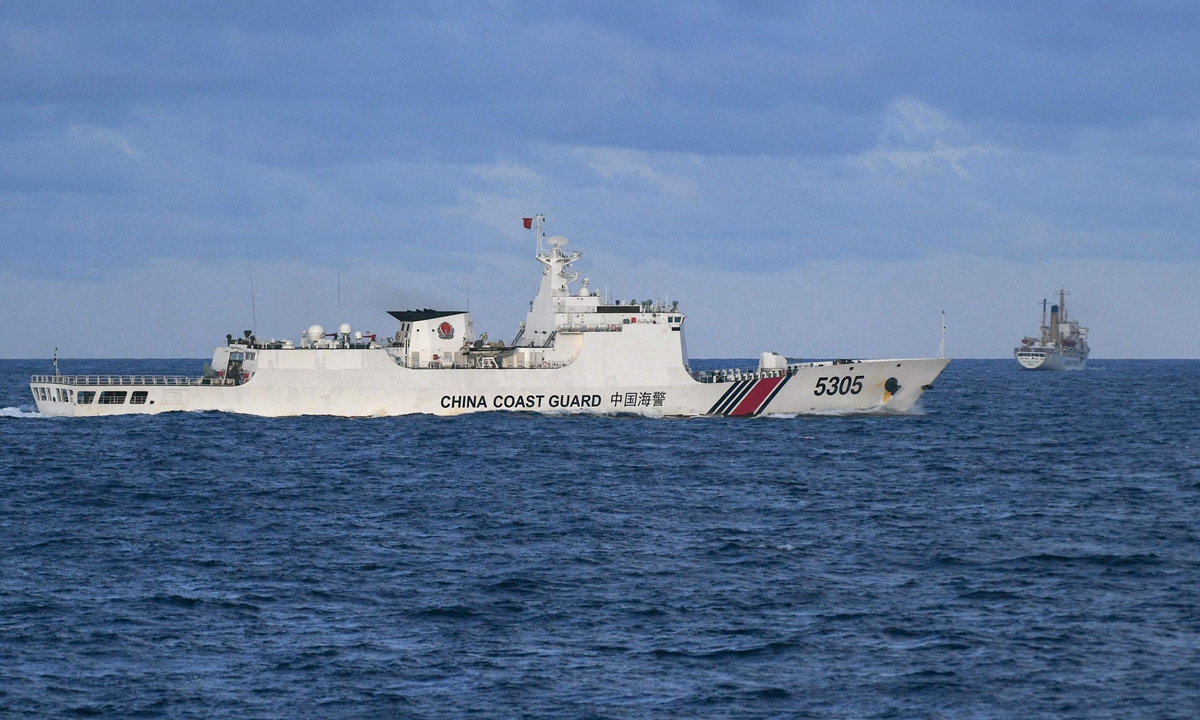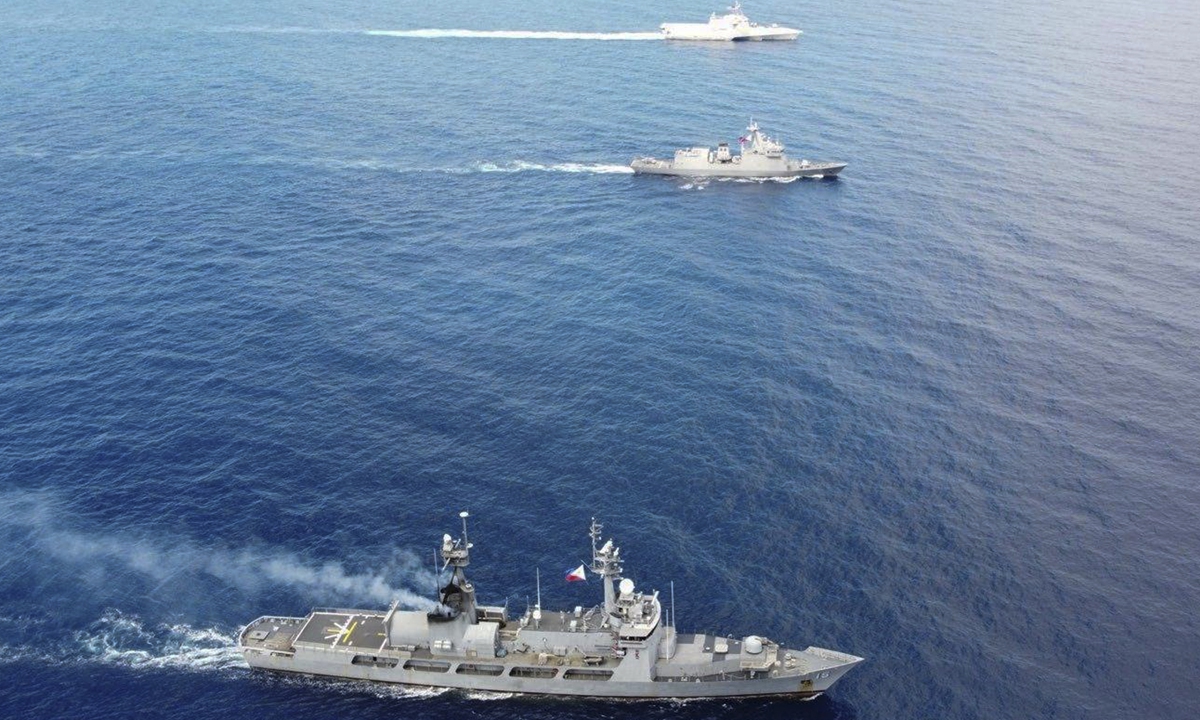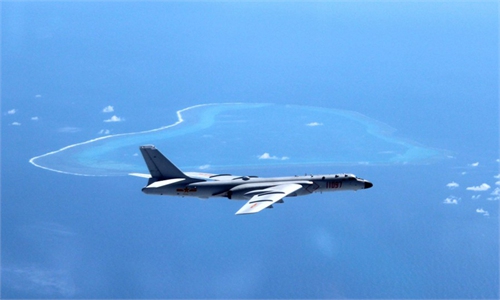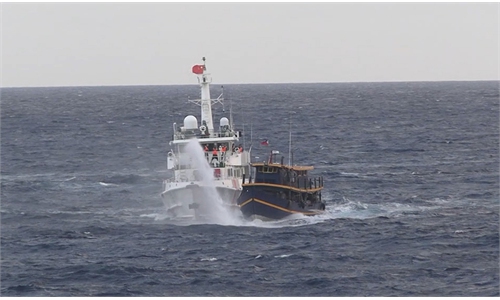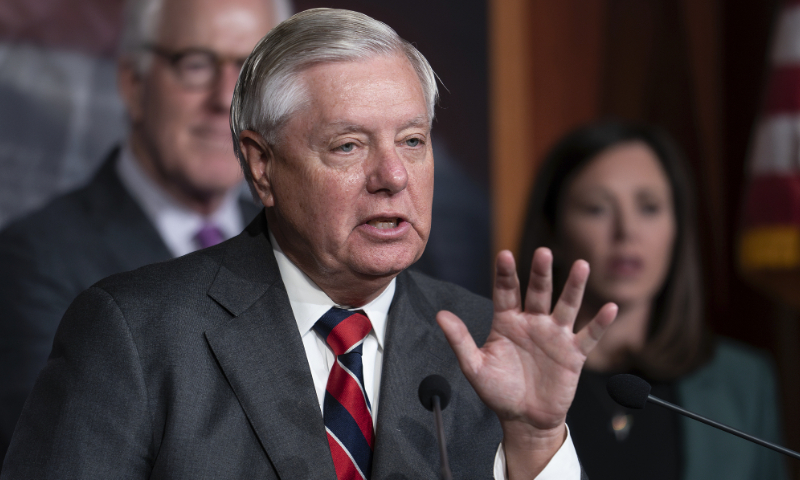Reuters exclusively reported on Thursday that, according to a former US official with direct knowledge of highly confidential operations, then-US president Donald Trump authorized the Central Intelligence Agency (CIA) to launch secret operations on Chinese social media aimed at "turning public opinion in China against its government." Many people don't find this information surprising or even consider it "news." The US is a habitual offender, using various covert means to foment "peaceful evolution" and "color revolutions" in other countries, with the CIA being the main force employed to this end. For other countries, the US' pervasive influence is everywhere, visible and tangible, so there is no need for exposés.
We are still unclear what the specific purpose of the "former US official" was in leaking the information to Reuters. A CIA spokesperson declined to comment on the existence of the program, its goals or impact. A spokesperson for the Biden administration's National Security Council also declined to comment, which means it was neither confirmed nor denied. The US intelligence community often uses a mixture of false and true information to create confusion, a tactic that was used on Edward Snowden. The Reuters report is valuable, but needs to be further processed to filter out the true and useful parts.
Firstly, this report carries a strong defense of US penetration into China. It portrays the proactive offensive of the US' cognitive warfare against China as a passive counterattack against "cyber attacks" on the US from China and Russia. In reality, portraying themselves as the weak or victimized party and labeling their hegemonic actions as "justice" is a part of the US' cognitive warfare against foreign countries.
One US official interviewed by Reuters even said it felt like China was attacking the US with "steel baseball bats," while the US could only fight back with "wooden ones," showing his exaggerated and clumsy acting skills. The US has never used a "wooden stick." Over the past few decades, the CIA has overthrown or attempted to overthrow at least 50 legitimate international governments. There are also statistics showing that from 1946 to 2000, the US attempted to influence elections in 45 countries 81 times to achieve regime change. As a habitual offender of manipulating public opinions, the US has long established a series of tactics in its targeted propaganda, information dissemination, event creation, rumor fabrication, incitement of public opinion, and media manipulation. It constantly creates new tactics and uses new technologies according to changing circumstances. This is an open secret. The US dressing itself up as a "little lamb" only has a comedic effect, not a propaganda effect.
Next, as the US' intervention and infiltration in other countries are covert operations, this disclosure provides an opportunity for the outside world to glimpse into the specific methods used by the US. For example, the whistleblower admitted that the CIA had formed a small team of operatives, using bogus online identities to spread damaging stories about the Chinese government while simultaneously disseminating defamatory content to overseas news agencies. This corroborates with previous statements by CIA Director William Burns, indicating increased resources being allocated for intelligence activities against China, once again confirming the existence of the US "1450" (internet water army) team targeting China.
The whistleblower admitted that the CIA has targeted public opinion in Southeast Asia, Africa, and the South Pacific region, spreading negative narratives about the Belt and Road Initiative. This indicates that in the US-instigated propaganda war against China, the global public opinion arena, especially in "Global South" countries, is their main strategic target. Various "China threat" theories circulating in third-party countries, as consistently pointed out by China, are all being operated by the US intelligence agencies behind the scenes.
The US has never concealed its hegemonic aims, nor does it regard encroachment on other countries' sovereignty as something to be ashamed of, which is even more infuriating than the hegemonic behavior itself. American economist Jeffrey Sachs criticized the CIA's blatant violation of international law in his commentary last month, stating that it is "devastating to global stability and the US rule of law," leading to "an escalating regional war, hundreds of thousands of deaths, and millions of displaced people." He also criticized the mainstream American media for failing to question or investigate the CIA. In fact, far from acting as watchdogs, mainstream American media has served as an accomplice. How many rumors manufactured by the CIA have been spread through the mouths of mainstream American media? When did they reflect and correct themselves?
We also see that the intentions of the US intelligence agencies are even more sinister. As admitted in the revelations, they aim to force China to spend valuable resources in defending against "cognitive warfare," keeping us busy with "chasing ghosts," and disrupting our development pace. First of all, we appreciate their reminder. At the same time, we will not allow external factors to interfere with our strategic determination to manage our own affairs well. For China and the world, the more fully, clearly, and thoroughly the CIA exposes itself, the deeper people will understand its true nature, and the stronger their ability to discern the truth will become. Keeping the CIA busy to no end or failing in their attempts is the best preventive effect.
How the CIA Destabilizes the World
How the CIA Destabilizes the world | Jeffrey Sachs Essay February 12, 2024
Prof. Jeffrey Sachs: Does The CIA Destabilize the World?
US Secretary of State Antony Blinken is set to head to the Philippines on Tuesday to reinforce the American-Philippine alliance ...

